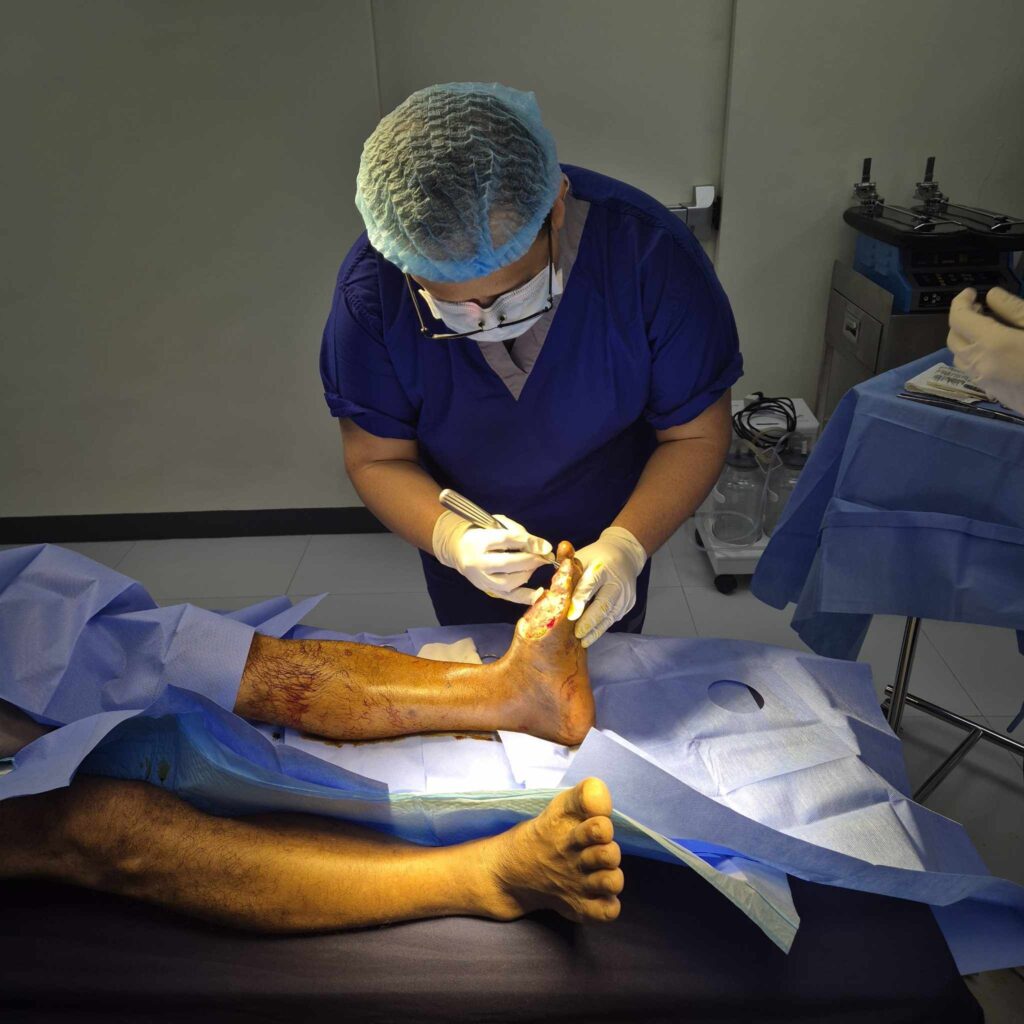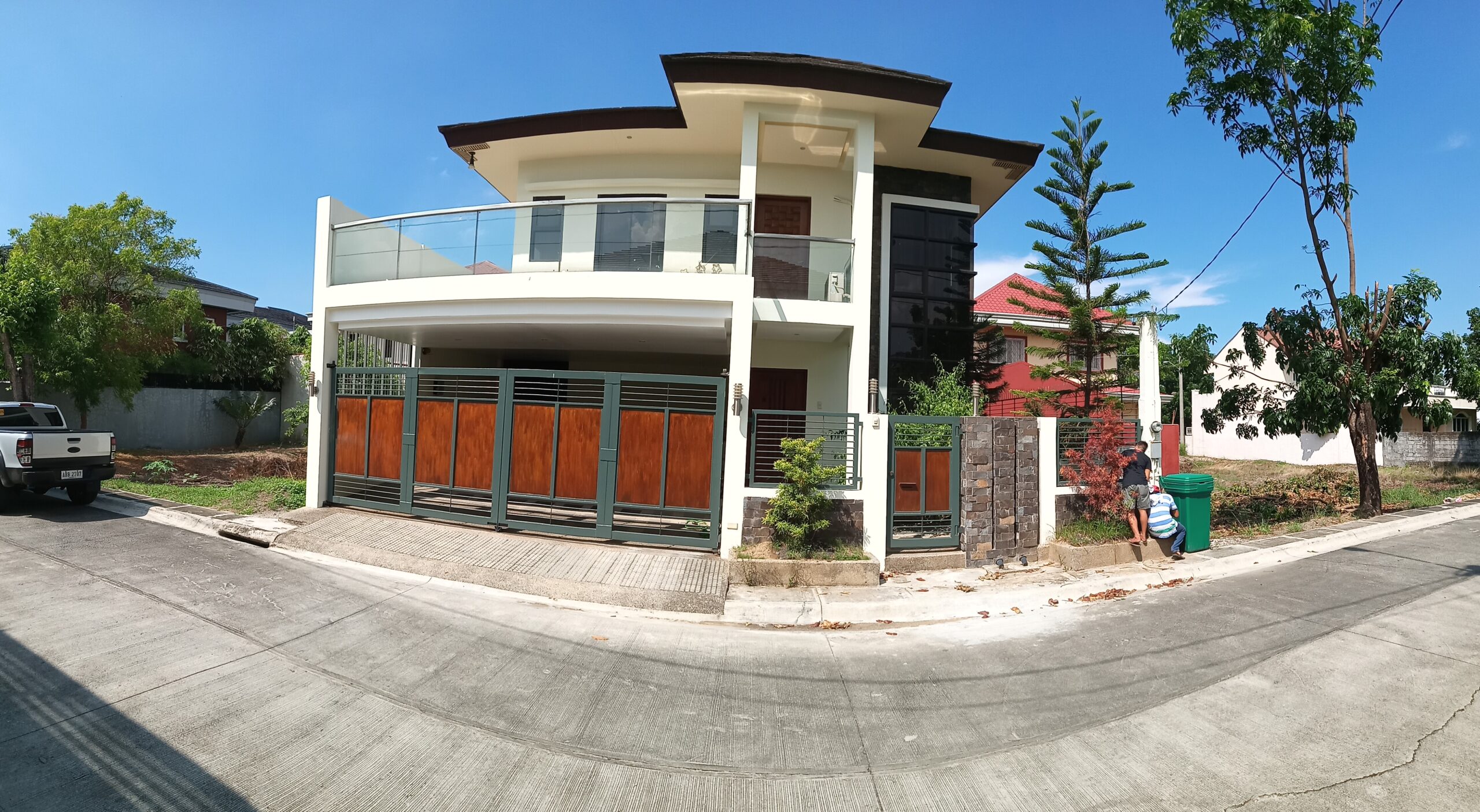Understanding the Role of a Wound Care Specialist
A wound care specialist in the Philippines is a healthcare professional trained specifically to treat wounds that go beyond the scope of basic first aid. Unlike general practitioners who may focus on overall health, wound care experts dedicate their practice to addressing both simple and complex wounds. Their expertise covers not just surface-level injuries but also wounds connected to chronic illnesses, surgical procedures, or traumatic events. These specialists play a critical role in preventing complications such as infections, sepsis, or prolonged healing. They also help patients who experience delayed recovery due to conditions like diabetes or vascular disease. By focusing on tailored treatment, they provide comprehensive solutions that help patients restore mobility, comfort, and confidence. Seeking a wound care specialist in the Philippines ensures that patients receive attention rooted in both medical science and compassionate care.
Why Wound Care is Essential for Proper Healing
Many individuals underestimate the importance of professional wound care, assuming that home remedies or basic cleaning methods will be enough. However, improper management can result in infections that prolong recovery and even cause severe health risks. Without the right guidance, wounds may scar heavily or fail to heal completely, leading to chronic pain and recurring issues. Professional wound care goes beyond surface cleaning—it involves monitoring underlying causes, ensuring circulation is maintained, and applying treatments that stimulate healing. A wound care specialist Philippines patients rely on can address both the physical wound and the factors that affect healing, such as blood sugar control or nutrition. By investing in specialized treatment, patients safeguard themselves from unnecessary hospitalizations. More importantly, they gain peace of mind knowing that their wounds are being treated with the best practices in modern medicine.
Types of Wounds That Need Specialist Attention
Not every wound heals naturally, and some require expert care to avoid long-term damage. Chronic wounds such as diabetic ulcers and pressure sores are among the most common cases seen by specialists. These types of wounds often linger for weeks or months, refusing to heal without professional intervention. Post-surgical wounds also require close monitoring, especially when complications such as infection or dehiscence (wound reopening) occur. Burn injuries and trauma-related wounds, which can cause severe tissue damage, also benefit from specialized attention to reduce scarring and restore function. Non-healing wounds related to underlying conditions, such as poor circulation, cancer treatments, or autoimmune diseases, highlight the importance of advanced wound care. A wound care specialist Philippines residents can access ensures that these diverse wound types receive proper diagnosis and management. With expert care, patients can experience faster recovery and fewer complications, even with complex wound conditions.
What to Expect When Visiting a Wound Care Specialist in the Philippines
Patients visiting a wound care specialist often feel uncertain about what the experience involves. The process typically begins with a detailed assessment of the wound, including its size, depth, location, and any signs of infection. Specialists may also evaluate the patient’s overall health, lifestyle, and medical history to identify factors that may hinder healing. Based on this evaluation, a personalized treatment plan is created, designed specifically for the wound type and patient’s condition. These plans may include specialized dressings, debridement (removal of damaged tissue), or advanced therapies to promote faster recovery. The Philippines has medical centers equipped with modern technologies, enabling wound care experts to deliver treatments that match international standards. Follow-up appointments are an essential part of the care plan, as they allow specialists to monitor progress and adjust treatments as needed. This comprehensive approach ensures patients receive ongoing support until complete healing is achieved.
Advanced Wound Care Treatments Available in the Philippines
The field of wound care in the Philippines has evolved, offering advanced treatments that go far beyond traditional dressings. One innovative method is Negative Pressure Wound Therapy (NPWT), which uses controlled suction to remove excess fluids and stimulate tissue growth. Hyperbaric Oxygen Therapy (HBOT) is another option, where patients breathe pure oxygen in a pressurized chamber, accelerating wound healing by increasing oxygen supply to damaged tissues. Skin substitutes and grafting techniques are also widely available, providing solutions for severe burns or wounds that do not close naturally. Additionally, antimicrobial dressings infused with silver or specialized compounds are used to reduce infections. These modern methods are available in both private hospitals and specialized clinics across the Philippines, giving patients access to global-level care. By utilizing these treatments, a wound care specialist Philippines patients consult can significantly improve healing outcomes. These options demonstrate the country’s growing capacity to handle complex wound conditions effectively.
How to Choose the Right Wound Care Specialist Philippines Offers
Finding the right wound care expert is a critical step in ensuring recovery. Patients should first consider the qualifications and certifications of the specialist, ensuring they have undergone training in advanced wound management. Experience is another key factor, particularly with wound types that require specialized handling, such as diabetic ulcers or trauma-related injuries. Hospital affiliations or clinic connections also provide reassurance, as they often indicate access to modern medical facilities. Location and accessibility should be considered, especially for patients who require frequent visits. Beyond technical expertise, communication and patient-centered care are essential in building trust and providing comfort throughout treatment. A skilled wound care specialist in the Philippines not only addresses the wound but also educates patients and caregivers on proper home management. Taking the time to choose wisely ensures both effective treatment and a supportive healing journey.
Cost of Wound Care Services in the Philippines
Patients often ask about the cost of specialized wound care, as treatment expenses can vary. The price of consultations and procedures depends on factors such as the type of wound, its severity, and the length of required treatment. For instance, chronic wounds that demand advanced therapies like HBOT or grafting will generally cost more than routine wound cleaning. Insurance coverage may offset some of the expenses, as certain health plans include wound care benefits. Some hospitals and clinics also offer packages that make ongoing treatment more affordable for patients. While specialized care may seem costly initially, it often proves more cost-effective than repeated hospitalizations caused by poorly treated wounds. A wound care specialist Philippines patients turn to can provide transparent pricing and help patients plan financially for their treatment. Ultimately, investing in professional care helps avoid complications that could lead to higher expenses in the future.
Benefits of Consulting a Wound Care Specialist Philippines Patients Should Know
The advantages of working with a wound care specialist extend far beyond faster healing. Patients benefit from a lower risk of infection, which is especially important for those with weakened immune systems or chronic illnesses. Professional wound care also reduces the chances of amputation in cases of severe diabetic wounds, preserving mobility and independence. Beyond physical health, many patients experience an improved quality of life, as pain and discomfort decrease with proper treatment. Specialists also provide valuable education for both patients and caregivers, teaching them how to properly manage dressings, prevent new wounds, and recognize early warning signs of complications. In addition, the emotional support that comes from working with compassionate experts cannot be overlooked. Patients often feel reassured knowing they are in capable hands. Consulting a wound care specialist Philippines offers is not just about treatment—it’s about gaining a partner in the healing process.
Frequently Asked Questions (FAQ)
1. When should I see a wound care specialist in the Philippines?
You should consult a wound care expert if your wound does not show signs of healing within two weeks, shows signs of infection, or if you have an underlying condition like diabetes that slows recovery.
2. Are wound care services available in both hospitals and clinics?
Yes, many private hospitals, specialized wound clinics, and even some community medical centers across the Philippines provide wound care services.
3. How often will I need to visit a specialist for treatment?
The frequency depends on the wound’s severity and the treatment plan. Some patients may require weekly visits, while others may need more frequent monitoring.
4. Can health insurance cover wound care treatments in the Philippines?
Many insurance providers offer partial or full coverage for wound care services, but it depends on the policy. It’s best to confirm with your provider.
5. What’s the difference between a wound care specialist and a general doctor?
While general doctors can handle minor injuries, a wound care specialist has advanced training and access to specialized treatments designed for complex, chronic, or non-healing wounds.






